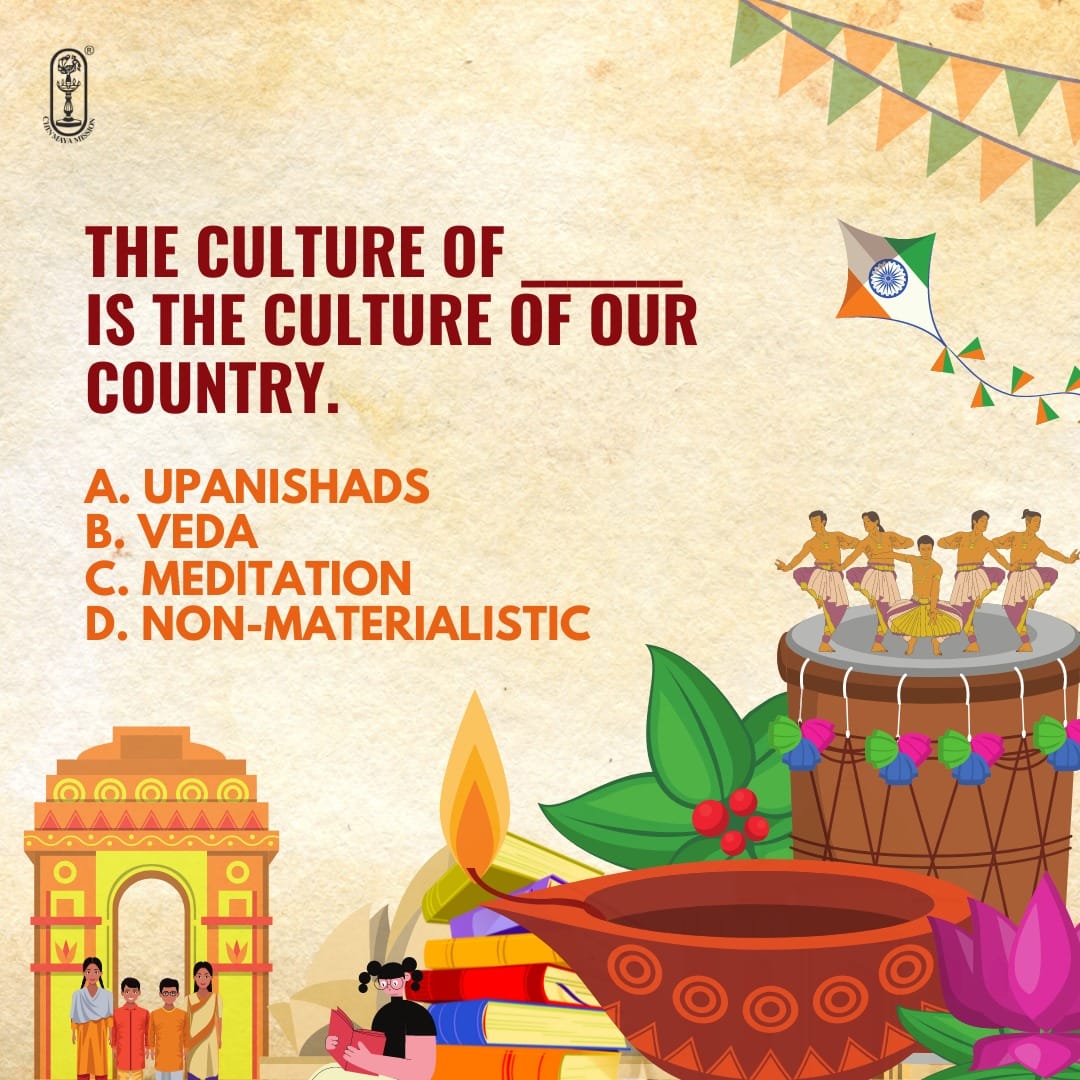A PROJECT OF EDUCATION-7.
04/03/2018
7.
With this we bid goodbye to all empirical education, and now the student is lifted to the universe of philosophy. How does one know that there is a world, what is it that one is expected to do in this word, and what can one hope for while living in this world? These questions and the like commence studies in the field of the theory of knowledge, called epistemology.
The philosophical adventure starts with a recognition of the limits of the capacities of the human being to know anything at all. Western philosophers like Plato, Aristotle, Kant, Hegel and their followers have done extensive researches in this field and proclaimed their conclusions. In the East, the schools of Jainism, Buddhism, the Nyaya, Vaiseshika, Samkhya, Yoga and Vedanta have taken this aspect of study rigorously, in an intensive manner.
The question involved in the knowledge of the world of experience leads one to the theme of pure philosophy, viz., cosmology and metaphysics, the latter being sometimes called ontology. The problem of the knowledge of the world arises on account of the assumption that the world is outside the perceiving subject.
The cosmological schemes in the schools of thought give us a wider picture of the whole situation in the number of the stages of descent and ascent. The point is that the universe has no distinction of inside and outside, in which everyone and everything is included, so that the question of perceiving the world does not arise in such an integrated state of being. In the East, the Samkhya and the Vedanta provide a complete delineation of the scheme of the evolutionary process.
There is one, ubiquitous, primordial, undifferentiated, universal continuity,--we may call it the matrix, or material substance, or energy. We may call it Prakriti in the language of the Samkhya. The condensation of the cosmic purpose in a totality of Awareness is called Mahat,--the Cosmic Intelligence, or Reason. A further centralisation of this Universal Creative Will in a state of limitless Self-consciousness is known as Ahamkara.
A further concretisation of this primordial energy is the diversification in the subtle, super-electromagnetic forces which become the principles of sound, touch, colour, taste and smell, known in the Sanskrit language as the Tanmatras. By permutation and combination of these invisible original principles in certain proportions, the five gross elements, viz., Ether, Air, Fire, Water and Earth, are formed. Here cosmic creation is complete, down to the lowest level of matter, i.e., the Earth principle.
To be continued ..
Swami Krishnananda





Comments